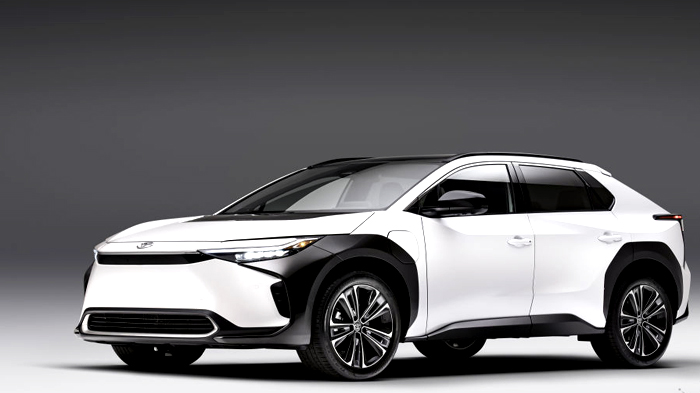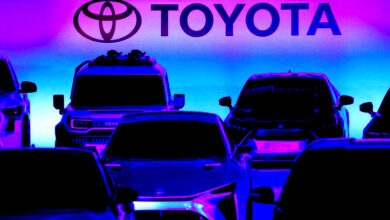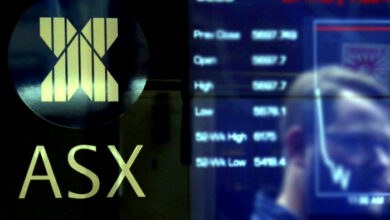Toyota says it has fixed the problem with the wheels that led to the EV recall.

TOKYO Toyota Motor (NYSE:TM) Corp. said it had found a way to fix the problem that led to the recall of its first electric vehicle (EV), the bZ4X. The recall stopped deliveries of the car and hurt the automaker’s early efforts to add more electric vehicles to its lineup.
Toyota has been slow to get into the EV market. In June, less than two months after the model came out, Toyota recalled 2,700 bZ4X Sports Utility Crossovers around the world because the wheels could come loose.
Related: Toyota triples its planned investment in a U.S. battery facility to $3.8 billion.
Toyota owns a fifth of Subaru (OTC: FUJHY) Corp., so it had to recall some of the Solterra models that it and Toyota made together.
In June, Japan’s safety agency said that sharp turns and sudden stops could loosen a hub bolt, which would increase the chance of a wheel coming off the car. Analysts had said that this was a simple and cheap problem to fix.
Toyota said in a filing with Japan’s transport ministry on Thursday that it would replace and tighten hub bolts on all new cars.
The company also said that it had found and fixed a possible problem with the car’s airbags by making sure that the curtain-shield airbags, which are meant to protect the head in a crash, were installed correctly. No one knew about that problem before.
Toyota has been criticised by environmental groups and investors who want the company to move faster toward making battery-powered electric vehicles (EVs). Toyota has pushed back, saying that it needs to make different kinds of cars to meet the needs of different markets and customers.
Toyota’s home market, Japan, is still much more interested in hybrid EVs like the Prius than in pure EVs. According to industry data, only 1% of passenger cars sold in Japan last year were pure EVs.
Toyota only sold the bZ4X for lease in Japan. This was done to ease worries about the battery life and resale value of EVs.
Related: Toyota will invest $5.3 billion on batteries in Japan and the U.S.
The model, which was meant to be Toyota’s answer to the Tesla Model Y and the Volkswagen ID.4, has only sold 232 units in the US this year, Toyota said earlier this week.
Last year, the Japanese car company put about $30 billion into making battery-powered cars. It thinks that by the end of the decade, the company will only sell about 3.5 million of these cars each year, which is about a third of how many gasoline-powered cars it sells each year now.
Reuters said on Thursday, citing two people with knowledge of the situation, that Toyota plans to start selling the bZ4X again as soon as this month after fixing the problem with the wheels.





